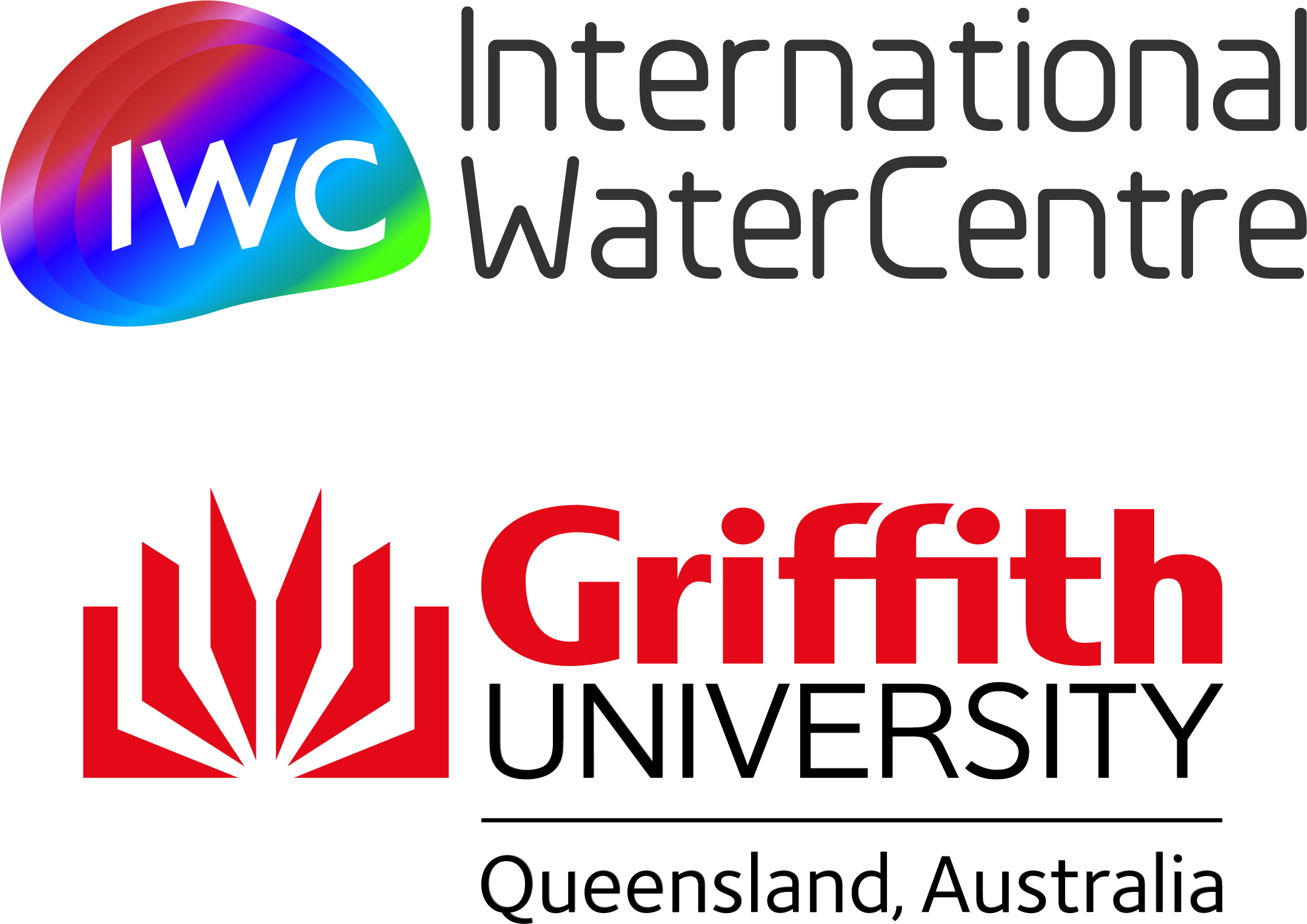During the WASH and COVID-19 Pandemic Online Symposium, World Vision Australia, Edge Effect Australia and partners, supported by the Water for Women Fund, are convening a workshop on COVID-19 and WASH inclusion.
This workshop will follow the expert panel on the intersection of COVID-19 and WASH inequalities on Thursday 22 April 2021.
Sustainable Development Goal (SDG) 10 calls on the world to reduce inequality within and among countries. SDG targets across all goals have an increased focus on “leaving no one behind”, calling on all actors to ensure representation and inclusion of marginalized groups. World Vision Australia, Edge Effect Australia and partners through the Water for Women Fund, motivated by this principle, are convening an important workshop on how to tackle WASH and inclusion in the COVID-19 context.
Shiv Nair from World Vision Australia emphasises the need for people to be at the centre of WASH activities. “We are so passionate about working with marginalised people at the core of our programs; people with disabilities, women marginalized by poverty and other unmet needs, sexual gender minorities (SGM). Decision-makers need to lead by purposefully consulting with and targeting appropriate support to these communities and ensuring partners are putting their efforts into including all people”.
The COVID-19 pandemic has exacerbated vulnerabilities of excluded groups, which has in turn reinforced the importance of taking an active, community-based approach to address the challenges of leaving no one behind. Kendra Gates Derousseau from World Vision in Vanuatu states that “When it comes to inclusion, we believe you can never be neutral. If you are neutral that means you are excluding individuals.”
Drawing on their experience of active leadership in this space, Lana Woolf from Edge Effect Australia and Kendra from World Vision will share examples from their own experiences and those of other individuals and Water for Women Fund partner organizations of how the COVID-19 pandemic has magnified complex issues of vulnerability around WASH.
Around the world, restrictions to mobility have placed people in poverty in very difficult situations; domestic violence has increased, and financial pressures have compounded. COVID-19 may further entrench patterns of discrimination and stigma which have higher levels for women with disabilities[1]. For example, in Bangladesh, World Vision supported community members with the distribution of masks, soap, and hygiene messages. People would come to socially-distanced distribution points to receive the goods, but individuals part of sexual gender minorities and disabled individuals who could not or did not feel safe to leave their homes were provided these essential items at their homes.
In Vanuatu, the country was fortunate that strict border rules minimised the direct health effects of the pandemic. However, as a tourist destination the economic impacts have been crippling and COVID-19 has deepened the financial vulnerability of families. In 2019, Water for Women supported the Water, Women, and Disability Study which found that families with members with a disability are larger than the average family in Vanuatu and that they earn less income. The economic impacts of COVID have exacerbated this insecurity and created additional hardships in accessing nutritious food and WASH services particularly hygiene products.
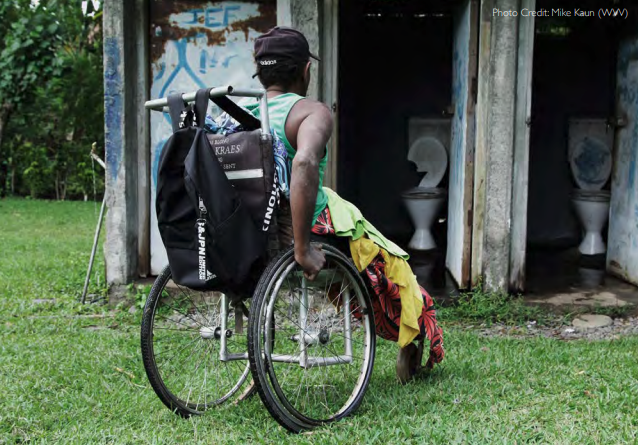
Photo Credit: Mike Kaun (WVV) [2]
“Following the Water, Women and Disability study, we now have anecdotal evidence that with the COVID-19 pandemic rates of violence have increased due to increased financial tension in the household, as well as the perception that people with disability are a drain on limited household resources,” says Kendra Gates Derousseau. World Vision has used the research to successfully advocate for greater targeting of COVID and cyclone response packages to vulnerable households.
The workshop will be an important moment during the symposium to discuss strategies related to including gender and sexual minorities as well as people with disabilities in WASH programs. How can organisations “walk the talk” and reflect the principles of inclusion in order to support others with ongoing behaviour change? The workshop will explore COVID-19 related community experiences and inclusion strategies for improving access to inclusive WASH from an organisational perspective, a national advocacy perspective and a community implementation perspective.
The COVID-19 and WASH inclusion workshop will be held from 15:00-16:30 AEST on Thursday 22 April 2021.
For more information click here.
The online symposium WASH & the COVID-19 Pandemic: Responses for recovery and resilience is a knowledge-sharing event of Water and WASH Futures. Water and WASH Futures is a partnership activity of the Australian Aid program and International WaterCentre; this symposium is delivered with the partnership of Water for Women Fund and Grand Challenges Canada. For more information, visit washfutures.com
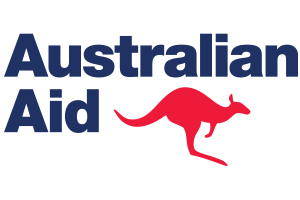
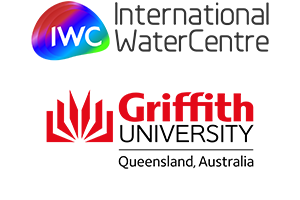
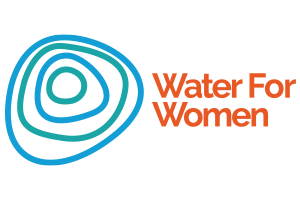
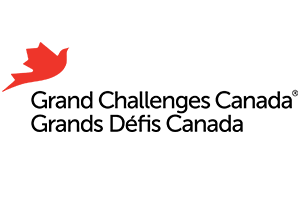
[1] United Nations (2020) The Sustainable Development Goals Report 2020, United Nations Department of Economic and Social Affairs, New York
[2] International Centre for Evidence in Disability (ICED), Water, Women and Disability Study Report, London School of Hygiene & Tropical Medicine 2020 [Available from: https://www.lshtm.ac.uk/research/ centres/international-centre-evidence-disability/research]

